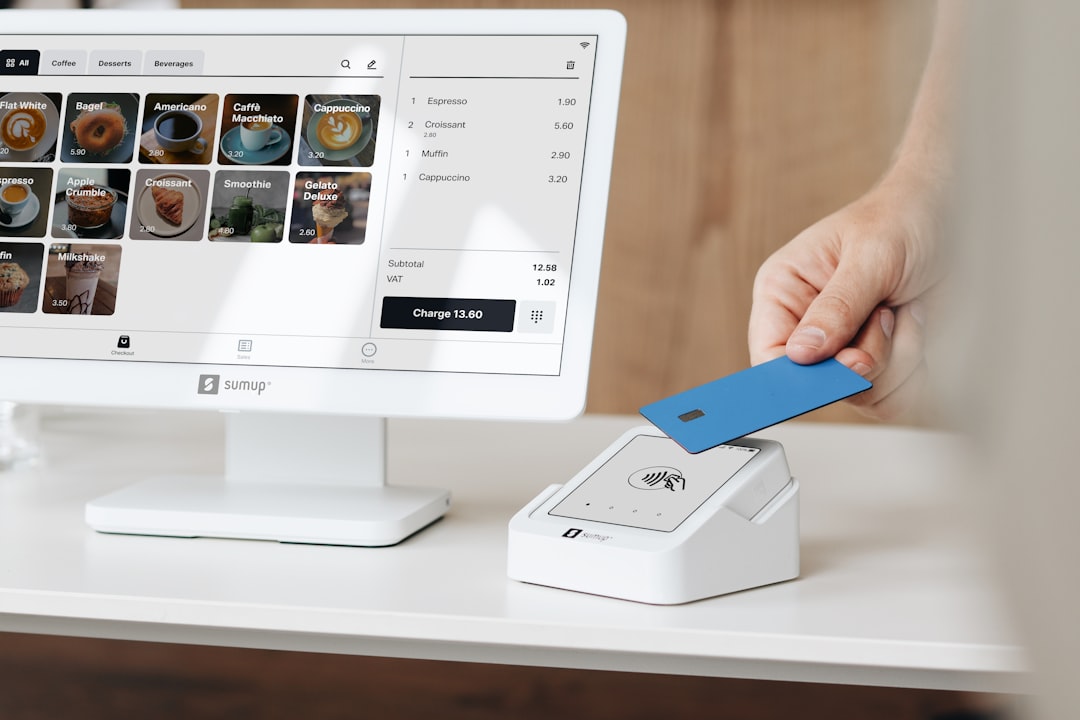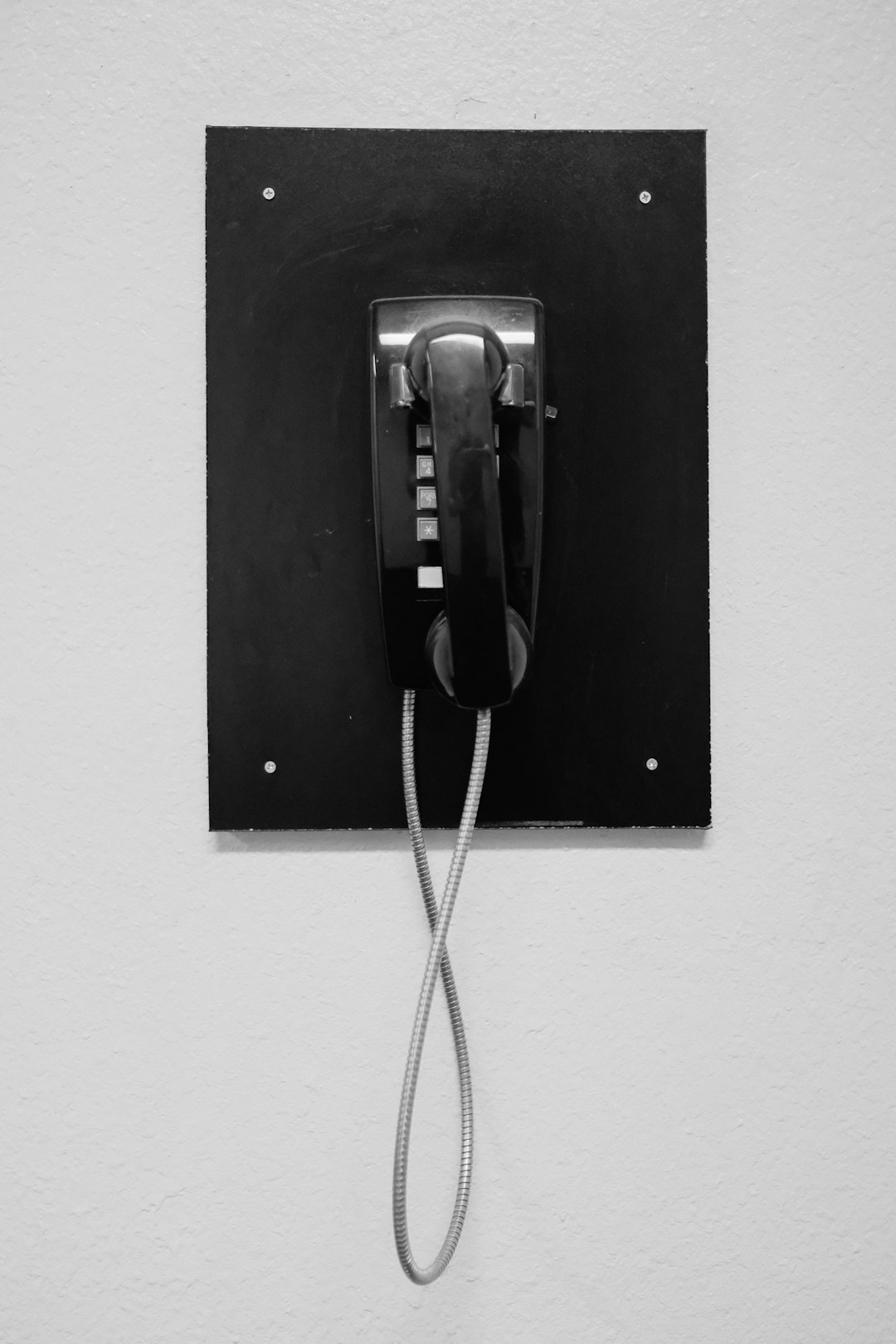Auto dialing is a powerful tool for New Jersey law firms to reach potential clients, but it's governed by strict state regulations to protect consumers from unsolicited calls. Firms must obtain express written consent, allow opt-outs at any time, and comply with timing, content, and record-keeping guidelines or face legal consequences. Best practices include establishing robust do-not-call lists, honoring opt-out requests promptly, regularly updating contact data, and using technology for accurate tracking to foster client trust while navigating New Jersey's autodialer regulations legally.
In the age of digital communication, autodialing has become a ubiquitous tool for businesses in New Jersey. However, understanding and adhering to consent regulations is paramount to avoid legal pitfalls. This article guides you through the intricacies of autodialing, delving into its operational mechanics within NJ’s legal framework. We explore the stringent consent requirements for consumer protection, ensuring your autodialer practices remain compliant with state laws. Learn best practices to navigate this landscape effectively and maintain a robust, yet legal, marketing approach. Discover how to leverage autodialing while respecting consumer autonomy at an autodialer law firm in New Jersey.
What is Autodialing and How Does It Work in New Jersey?

Autodialing, also known as automatic dialing, is a technology used by law firms and businesses in New Jersey to contact potential clients or customers en masse. It involves using software that automatically dials phone numbers from a pre-programmed list, often with personalized messaging capabilities. In New Jersey, this practice operates under strict regulations designed to protect consumers from unsolicited calls, ensuring compliance with the state’s autodialer law firm requirements.
The process typically begins with gathering or purchasing a contact database, which may include telephone numbers of individuals or businesses. The autodialing system then sequentially dials these numbers at predetermined intervals, often with pre-recorded messages. This technology is widely used for marketing purposes, allowing law firms to reach out to potential clients quickly and efficiently. However, it must adhere to strict guidelines regarding call timing, content, and consumer opt-out preferences to avoid legal repercussions.
The Legal Framework: Consent Requirements for Autodialers in NJ

In New Jersey, the legal framework governing autodialers is designed to protect consumers from unwanted phone calls and ensure fair practices in telemarketing. The state has implemented strict consent requirements for autodialers to mitigate the potential for invasion of privacy and fraud. According to the New Jersey Division of Consumer Affairs, businesses using autodialers must obtain express written consent from recipients before making automated phone calls. This means that consumers have the right to opt-out and forbid such calls at any time.
Autodialer law firm New Jersey experts emphasize that non-compliance with these rules can lead to significant legal consequences, including fines and damage to a company’s reputation. To stay compliant, businesses must maintain accurate records of consent and ensure their autodialing software is equipped with mechanisms to honor opt-out requests promptly. This transparent approach fosters trust between telemarketers and consumers, promoting a fair and ethical business environment in the state.
Best Practices for Ensuring Compliance with New Jersey's Autodialer Laws

To ensure compliance with New Jersey’s stringent autodialer laws, several best practices should be implemented by law firms utilizing automated dialing systems. Firstly, obtain explicit consent from potential clients before initiating any automated calls. This involves obtaining clear and unambiguous permission, preferably in writing, to demonstrate a genuine interest in receiving such communications.
Additionally, establish robust do-not-call lists and respect individual opt-out requests immediately. Regularly review and update these lists to ensure compliance, and utilize technology that allows for accurate tracking and segmentation of contacts. By adhering to these practices, law firms can effectively navigate New Jersey’s autodialer regulations, fostering trust with clients while maintaining legal integrity.






